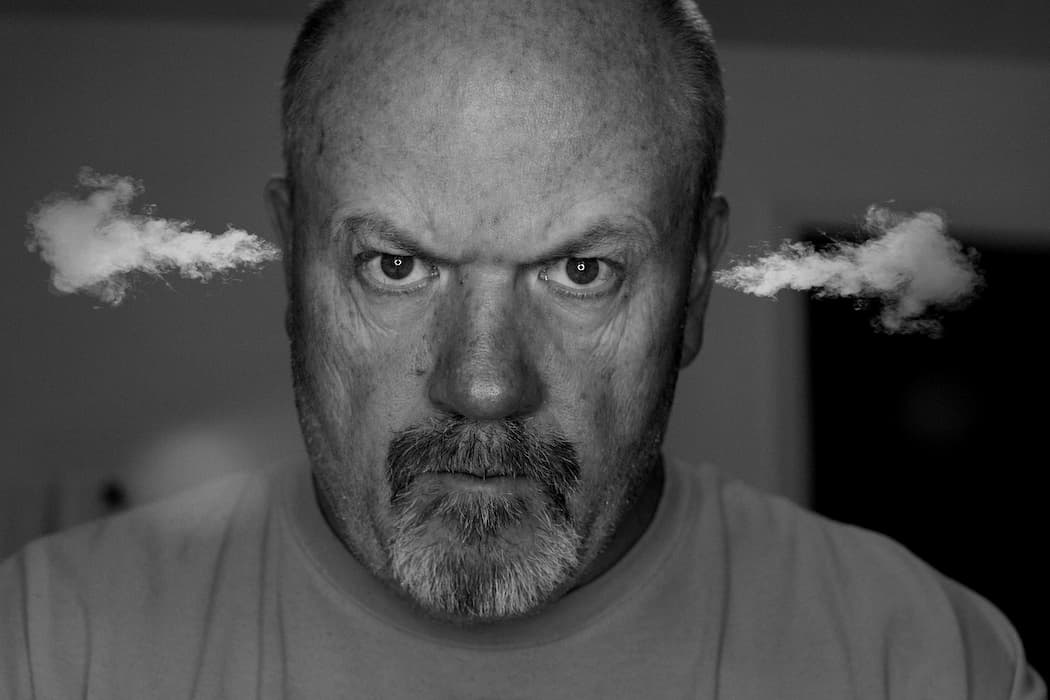On another Sabbath he went into the synagogue and was teaching, and a man was there whose right hand was shriveled. The Pharisees and the teachers of the law were looking for a reason to accuse Jesus, so they watched him closely to see if he would heal on the Sabbath. But Jesus knew what they were thinking and said to the man with the shriveled hand, “Get up and stand in front of everyone.” So he got up and stood there. Then Jesus said to them, “I ask you, which is lawful on the Sabbath: to do good or to do evil, to save life or to destroy it?” He looked around at them all, and then said to the man, “Stretch out your hand.” He did so, and his hand was completely restored. But the Pharisees and the teachers of the law were furious and began to discuss with one another what they might do to Jesus.
This is an incredible miracle, and it resonates to me because I have a small hand. Jesus is Lord. He created our bodies; he can heal them on earth, and finally, he will, for his faithful followers, heal us and give us new heavenly bodies in eternity.
I want to today focus on the anger exhibited by the Jewish Leaders.
Anger — it is a dangerous thing. Imagine with me for a minute the likely life of a Pharisee or teacher of the law. Their parents were likely successful people in society and made significant sacrifices to advance their son into the good graces of a prominent Rabbi. Large offerings, lots of compliments, at times having to decide between doing the right thing and doing the popular thing. The problem was, these leaders said things at times that did not seem to agree with the Bible. But it was the best job for their son, so they even made sacrifices of conviction (or conscience) along the way to follow the Pharisees for their son. Now the son is taught to only do things that go along with the leaders' teachings. He makes sacrifices along the way to gain admittance into a Rabbi‘s disciple group. He works hard to keep the law, down to the letter. He is never honest about the internal struggle he feels to be gracious to others, but figures they deserve what was coming to them. He becomes a Pharisee. Now, he is at the “top of the spiritual food chain”, so to speak. And then this guy, Jesus, comes along and starts preaching; and his preaching is different. He actually has compassion and cares more about people than keeping the rules. Now he is saying that it is better to heal on the Sabbath than to keep the Sabbath. This goes against everything the Pharisee has learned.
I think this is the position many of these Pharisees found themselves in.
Jesus, when talking to the Pharisee Nicodemus, recognized this heart dilemma and said this: “This is the verdict: Light has come into the world, but people loved darkness instead of light because their deeds were evil. Everyone who does evil hates the light, and will not come into the light for fear that their deeds will be exposed. But whoever lives by the truth comes into the light, so that it may be seen plainly that what they have done has been done in the sight of God.” (John 3:19-21)
This is the case when we are presented with the light of the gospel, too. We can either run to the light or run back into the darkness, but nobody can, for a period of time, stay in limbo. The light points out our sin. These Jewish rulers did not like their power threatened and their sin pointed out (after all, their power was derived from keeping the rules and being “faultless”). So they got angry and conspired to come against Jesus.
Lord, I see the evil behind a life lived comparing to others and, in my mind, only focused on keeping the rules. I end up becoming a person who focuses on the rules instead of the people. You show us a better, more blessed, way to live. Shine your light in the dark places in my heart and expose my sin. Help me to continue to run towards you and the light. I surrender, I can not, by myself, be truly good.


